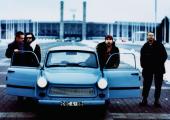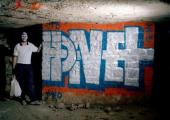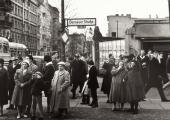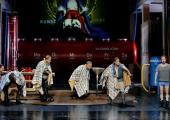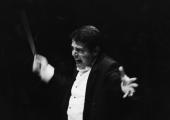CD: Admiral Black – Phantasmagoric
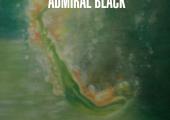
Garage rock to watch out for, despite being a tad undercooked
You’ve got to love the “I Can Only Give You Everything” riff. Admiral Black do and base their “Got Love if You Want It” around an inverted version on their debut album. Cheese-wire fuzz guitar pulses, Bo Diddley drums bash and a wheezy organ, well, wheezes. From the borrowed title alone, it’s obvious where Admiral Back are coming from: classic Sixties-leaning rock. It's not all scuzz and psych though in the house of Black. “Madman’s Blues” drifts by in a haze and “Crystallised” begs for lighters in the air and a swaying audience.


